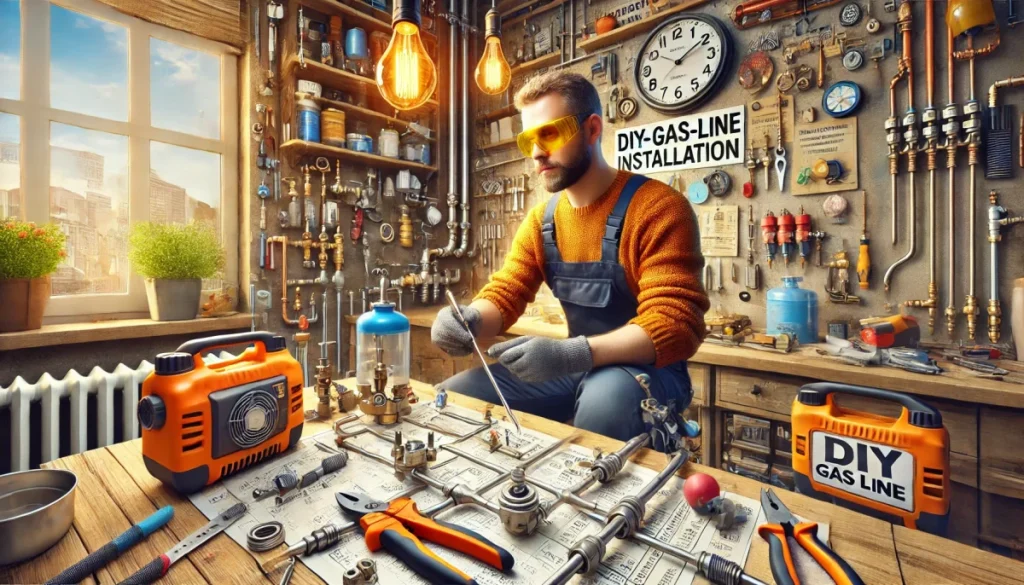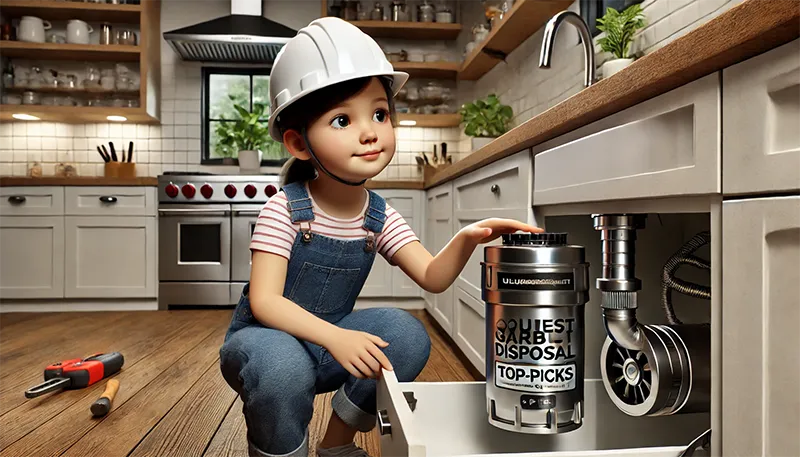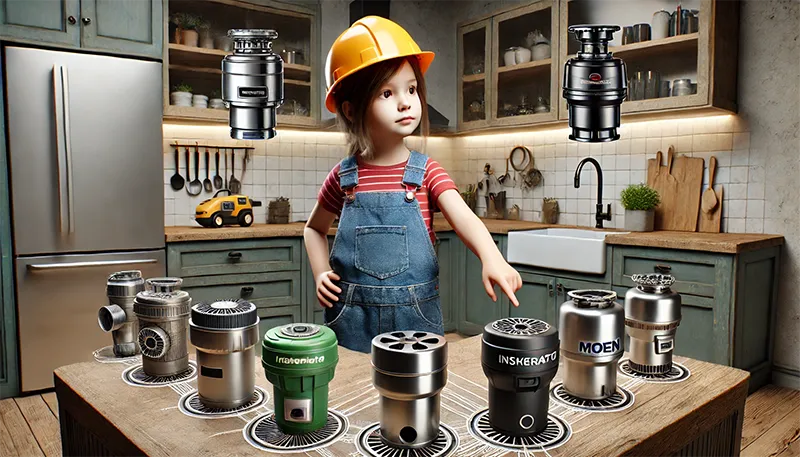The allure of do-it-yourself (DIY) projects has grown significantly in recent years, driven by the proliferation of online tutorials and the potential for cost savings. However, when it comes to gas line installations, the risks associated with DIY attempts far outweigh any perceived benefits. This section will elucidate the dangers of attempting DIY gas line installations, outline the legal and safety implications, and emphasize the importance of professional expertise in this critical area.
Inherent Risks of DIY Gas Line Installation
Gas line installation is a complex and potentially hazardous undertaking that requires specialized knowledge, skills, and equipment. The inherent risks associated with DIY attempts include:
- Gas Leaks: Improper connections or faulty installations can lead to gas leaks, which pose significant safety hazards. Natural gas is highly flammable and can cause explosions or fires if not properly contained.
- Carbon Monoxide Poisoning: Incorrect installation or ventilation can result in the production and accumulation of carbon monoxide, a colorless and odorless gas that can be lethal when inhaled in high concentrations.
- Structural Damage: Improper routing of gas lines can lead to damage to the building’s structure, potentially compromising its integrity and safety.
- Appliance Malfunction: Incorrectly installed gas lines may cause appliances to function improperly, leading to inefficiency, damage, or potential safety hazards.
Legal and Regulatory Implications
Attempting DIY gas line installation not only poses safety risks but also has significant legal and regulatory implications:
- Code Violations: Gas line installations are subject to strict building codes and regulations. DIY installations often fail to meet these standards, resulting in code violations that can lead to fines, penalties, or mandatory system replacements.
- Insurance Implications: Many insurance policies explicitly exclude coverage for damages resulting from DIY gas line installations. In the event of an accident or malfunction, homeowners may find themselves without financial protection.
- Liability Issues: In case of injuries or property damage resulting from a DIY gas line installation, the homeowner may be held legally liable, potentially facing lawsuits and significant financial repercussions.
- Permit Requirements: Most jurisdictions require permits for gas line installations. Failure to obtain the necessary permits can result in legal consequences and complications when selling the property.
Importance of Professional Expertise
Professional gas line installers possess the necessary expertise, training, and equipment to ensure safe and compliant installations:
- Specialized Knowledge: Licensed professionals have in-depth understanding of gas systems, including pressure requirements, material compatibility, and safety protocols.
- Technical Skills: Proper gas line installation requires specific technical skills, including pipe fitting, pressure testing, and leak detection, which professionals hone through extensive training and experience.
- Appropriate Tools and Equipment: Professional installers have access to specialized tools and equipment necessary for safe and efficient gas line installation, which are often not available to or properly utilized by DIY enthusiasts.
- Regulatory Compliance: Professionals are well-versed in local building codes and regulations, ensuring that installations meet all legal requirements and safety standards.
- Liability Protection: Licensed professionals carry insurance that protects homeowners from potential liabilities arising from installation-related issues.
Long-term Consequences of DIY Attempts
The repercussions of DIY gas line installations can extend far beyond immediate safety concerns:
- Reduced Property Value: Improperly installed gas lines can significantly decrease a property’s value and marketability, as potential buyers may be deterred by the associated risks and potential need for system overhauls.
- Increased Maintenance Costs: DIY installations often lead to frequent repairs and maintenance issues, resulting in higher long-term costs compared to professional installations.
- Energy Inefficiency: Incorrectly sized or installed gas lines can lead to reduced efficiency in gas-powered appliances, resulting in higher energy consumption and increased utility costs.
- Environmental Impact: Gas leaks from improper installations contribute to greenhouse gas emissions, negatively impacting the environment.
In conclusion, while the DIY approach may seem appealing for various home improvement projects, gas line installation is an area where professional expertise is not just beneficial but essential. The risks associated with DIY attempts, including safety hazards, legal implications, and long-term consequences, far outweigh any potential short-term cost savings. Homeowners are strongly advised to engage licensed professionals for all gas line installation needs, ensuring the safety, compliance, and efficiency of their gas systems. By prioritizing professional installation, individuals can protect their property, their loved ones, and their financial interests while contributing to the overall safety of their community.



